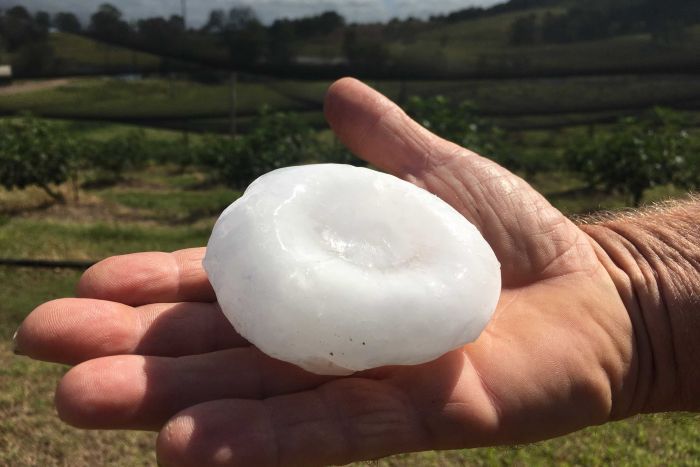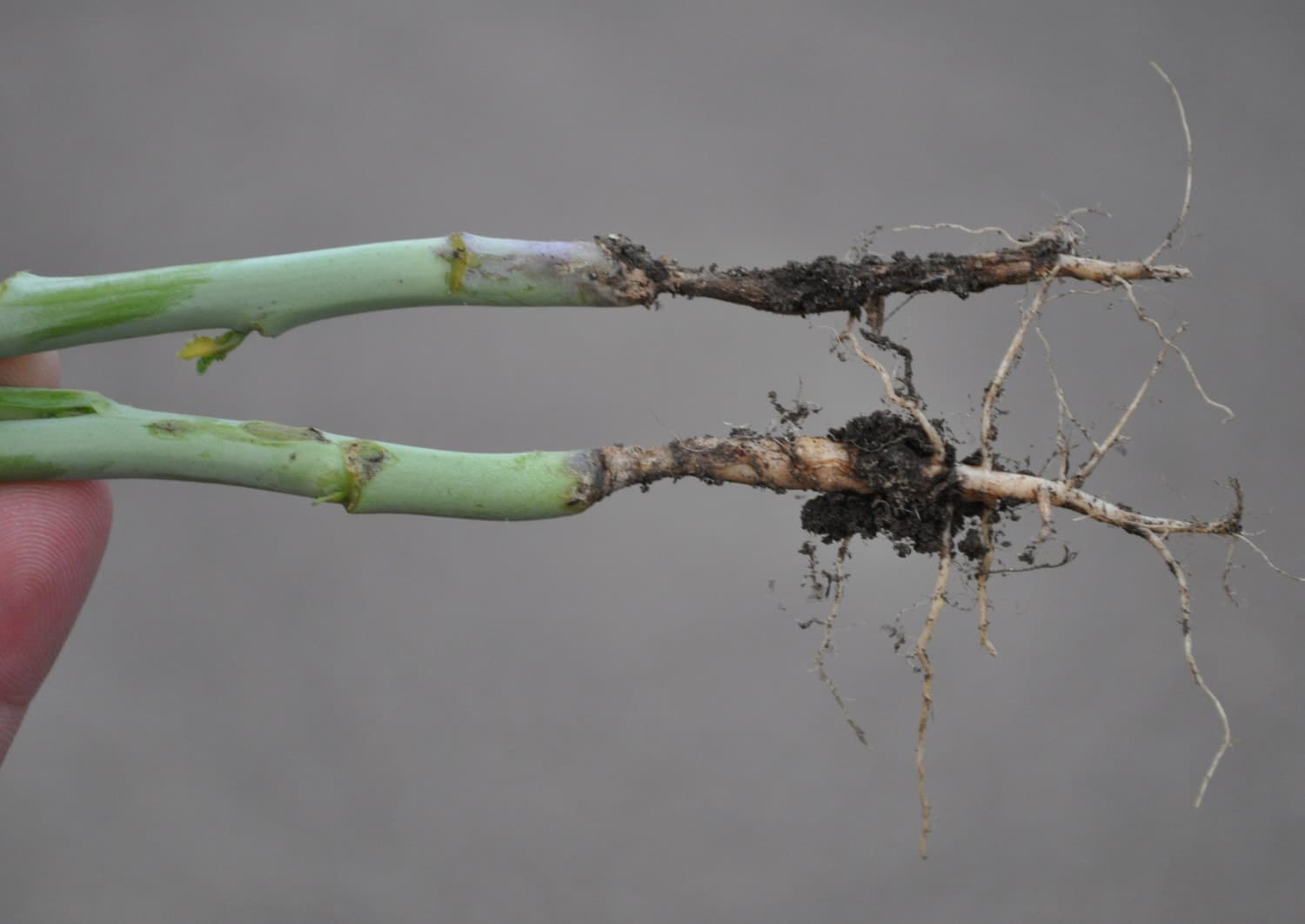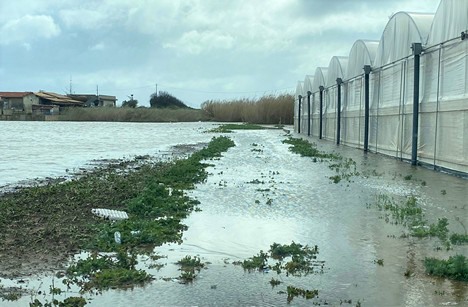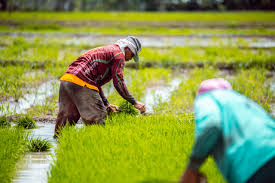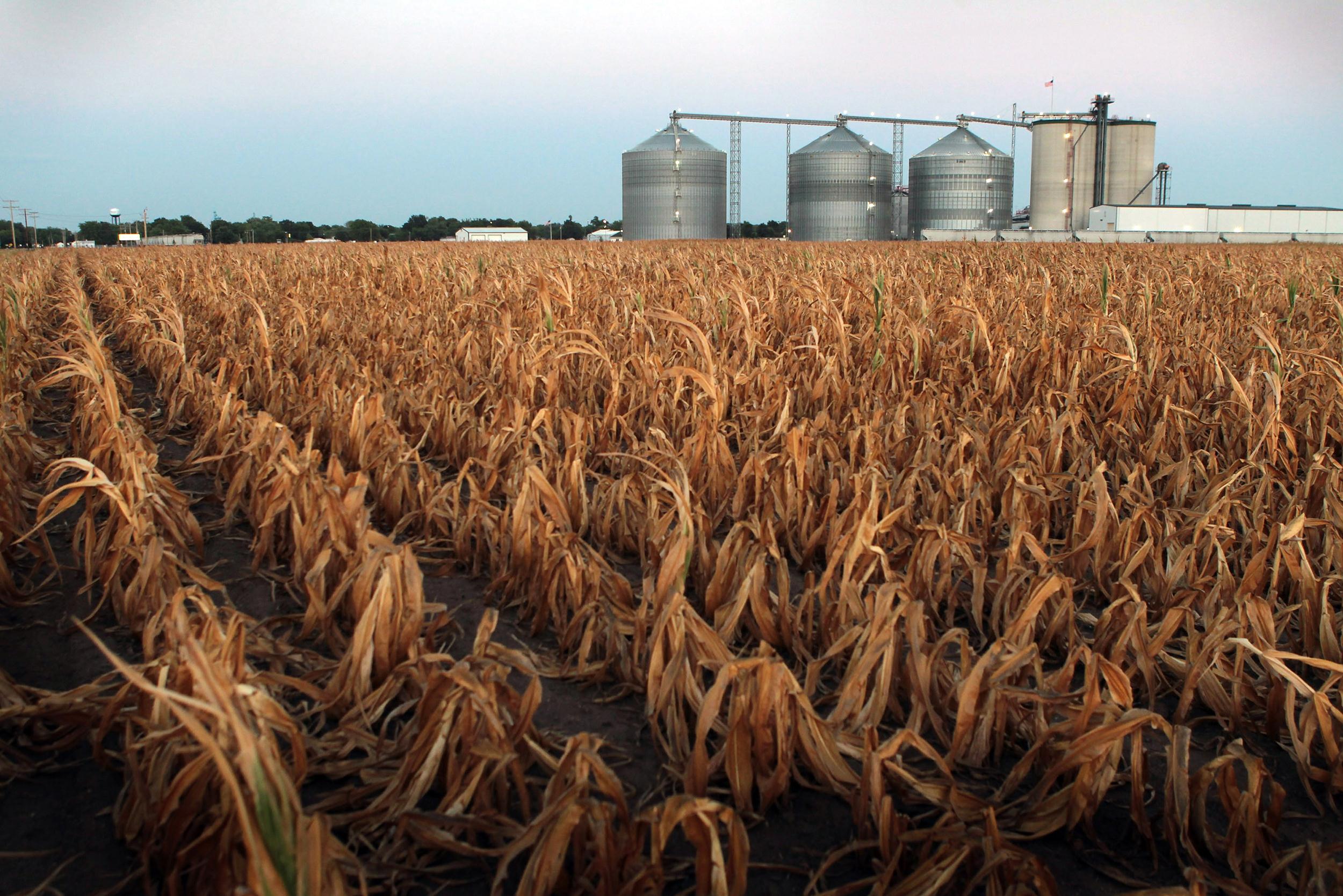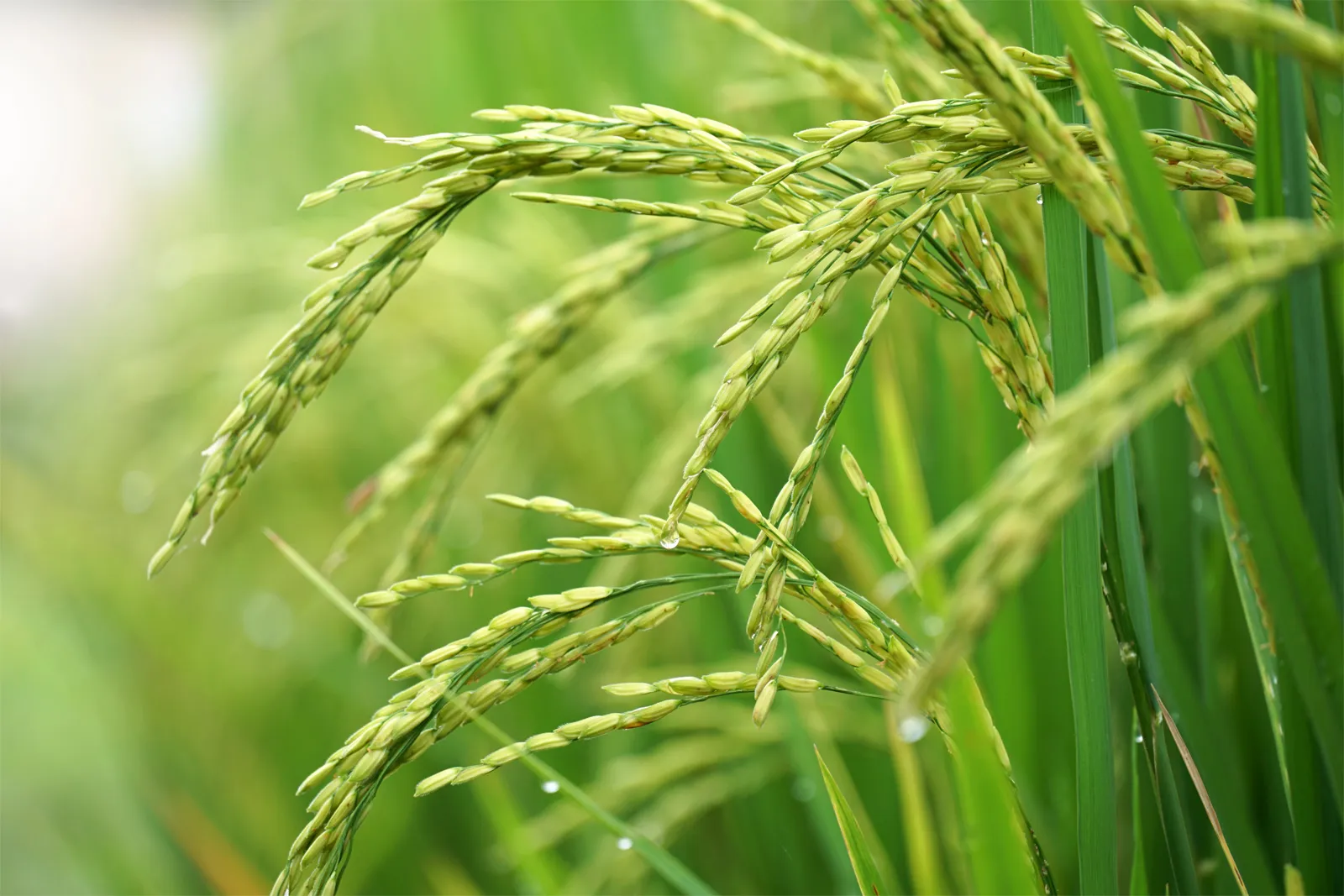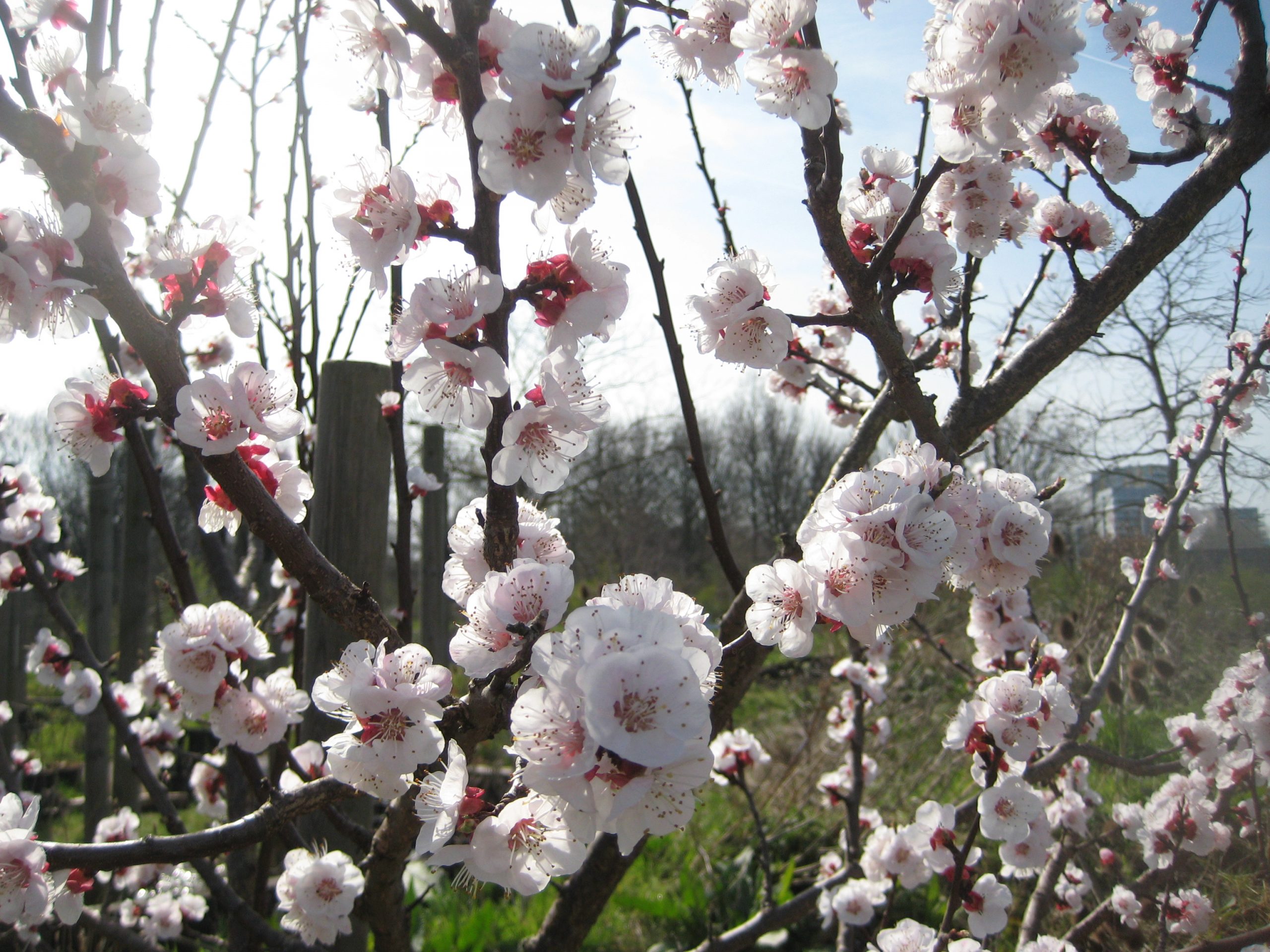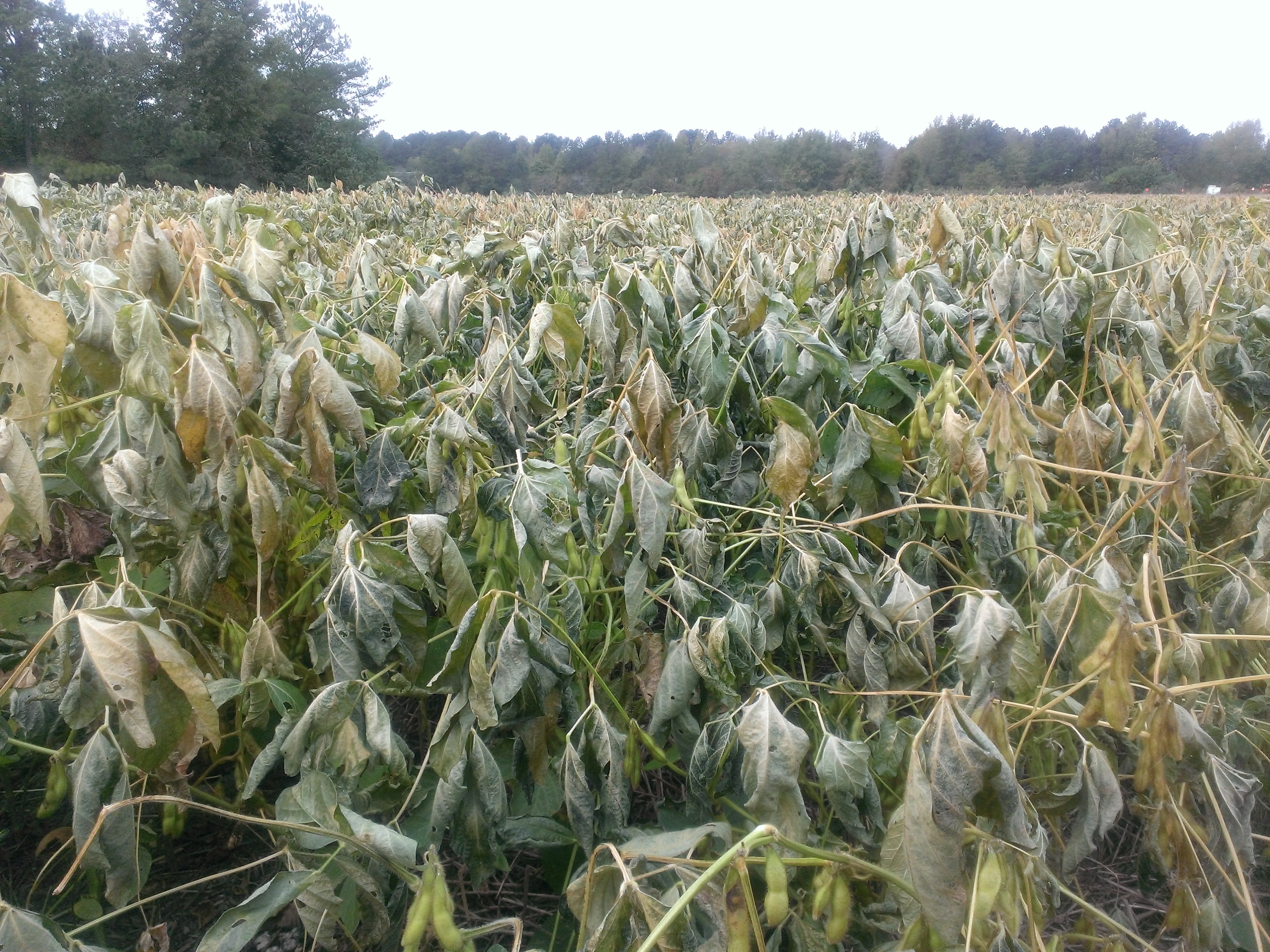Farmers in Queensland's Mary Valley are reporting total crop losses after the region was battered by a series of violent storms since Wednesday that brought hail stones the size of tennis balls.
Imbil passionfruit and avocado growers Rob and Cecily Price said they had lost $500,000 in fruit after being hit by three hail storms in three days.
"Any passionfruit and avocados left on the tree are too bruised to be able to sell commercially, so it is a 100 per cent wipe out," Mr Price said.
The couples grow passionfruit and avocados to ensure they have an income in the summer and winter months, but now will have no money for the next 18 months and might need to look for other jobs.
"We have been through hard times before, although never quite as disastrous as this, but we were younger then and could get other jobs, but right now that's a little difficult," Ms Price said.
"Robert and I are a bit too old for anyone to want to employ, so I don't really know what will happen."
[caption id="" align="alignnone" width="700"]

PHOTO: Imbil farmers Cecily and Rob Price are optimistic, despite losing 100 per cent of their avocado and passionfruit crop. (ABC Rural: Marty McCarthy)[/caption]
Mr Price said without an income, he was now having to spend money he did not have to protect his trees from diseases and infections.
"There is so much work we have got to do now. At the moment we are spraying copper on the trees to stop diseases getting in," he said.
"When the bark is bruised it opens the tree up, and if you don't try and protect it, then disease can get in under the bark and do more damage to the trees."
Mr Price expected it would take six to eight years to make up the lost income, but accepted storms as a reality of farming.
"Any farmer worth his salt just weathers these disasters when they come. You don't go around crying about how hard you've been done by," he said.
[caption id="" align="alignnone" width="700"]

PHOTO: Small avocados have been damaged by hail. (ABC Rural: Marty McCarthy)[/caption]
Hail nets help weather storm
Kandanga fig and citrus farmer Jim Olsen said a long-term investment in netting had helped him to protect his figs from tennis ball-sized hail on Friday.
Mr Olsen installed the nets two decades ago to protect his crop from bats and birds, but said they had recently proved a formidable barrier against hail.
"I have never seen hail that big before, and if [the net] wasn't there we wouldn't be picking this season, that's for sure," he said.
"It has done a really good job."
[caption id="" align="alignnone" width="340"]

PHOTO: The hail took 48 hours to melt. (Supplied: Suzette Olsen)[/caption]
Despite having the nets, Mr Olsen said he had still received up to 50 per cent damage to his crops because not all of his trees were covered.
Mr Olsen said netting an orchard was expensive, and farmers needed to weigh up if netting to protect against the occasional storm was worth it.
"These nets cost around $25,00 to $30,000 just to do this one patch, but today a farmer told me it would cost up to $40,000 an acre to put that type of netting in," he said.
"The value of the crop under this paddock is $15,000 per year, so over four or five years it will cover it.
"In a situation like this one it was good, but over 20 years maybe you are better off without it and putting up with losing crop once in a while."
Small crop farmers' produce 'shredded'
Elaine Bradley, from the Mary Valley Country Co-op, said the weather had been challenging for growers in the region, especially small crop farmers.
"On some of the farms I've seen the lettuces have just been totally shredded, and plants like capsicums and eggplants have had the flowers wiped totally off them," she said.
"We were getting hail about tennis ball to baseball size and it just shredded everything — trees, fruits, the whole lot. It's just caused so much damage."
Ms Bradley said hail nets were fairly common, but more to do with orchards rather than small crops.
"It is very expensive to put up the hail nets on that, so we haven't really seen it with the small crops happening in any of these areas," she said.
[caption id="" align="alignnone" width="700"]

PHOTO: Nets protected some crops at an orchard at Kandanga in Queensland's Mary Valley. (Supplied: Suzette Olson)[/caption]
Ms Bradley said as well as netting to protect against hail, farmers in the area were also considering shading to protect crops against heatwaves.
"I think that's something that we are going to be looking at, the double benefit of heat protection as well," she said.
"We've got temperatures of 60 to 70 degrees at ground level with some of those vegies, so it will stop them growing and flower and pollination.
"I think we are moving in to a situation where we have to look at protected cover in a lot of our crops to enable things to grow through over these months."
Source - http://www.abc.net.au
 PHOTO: Imbil farmers Cecily and Rob Price are optimistic, despite losing 100 per cent of their avocado and passionfruit crop. (ABC Rural: Marty McCarthy)[/caption]
PHOTO: Imbil farmers Cecily and Rob Price are optimistic, despite losing 100 per cent of their avocado and passionfruit crop. (ABC Rural: Marty McCarthy)[/caption]
 PHOTO: Small avocados have been damaged by hail. (ABC Rural: Marty McCarthy)[/caption]
PHOTO: Small avocados have been damaged by hail. (ABC Rural: Marty McCarthy)[/caption]
 PHOTO: The hail took 48 hours to melt. (Supplied: Suzette Olsen)[/caption]
PHOTO: The hail took 48 hours to melt. (Supplied: Suzette Olsen)[/caption]


